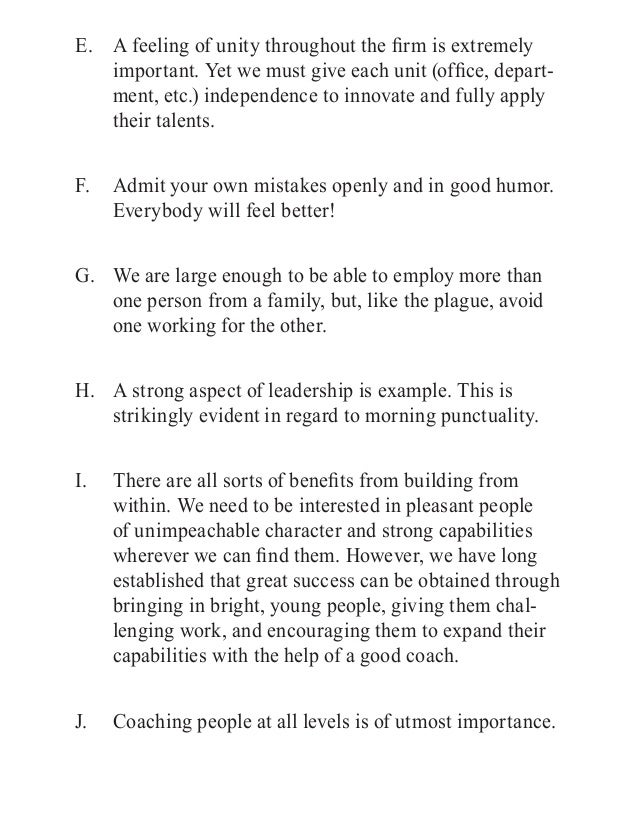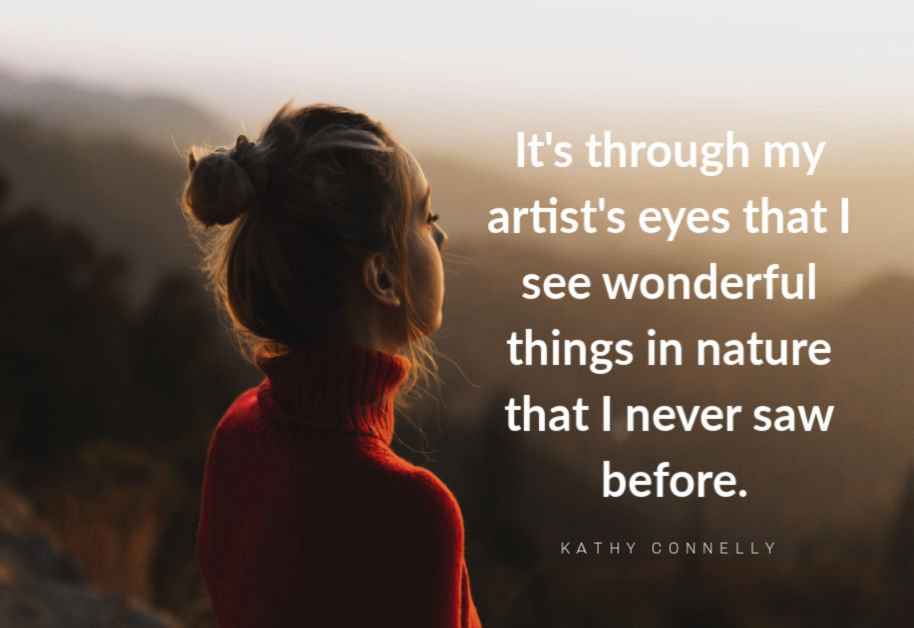

List the various types of observational research methods and distinguish between each.You can now pay for more than one On Demand lesson at a time. Things Child Care Providers Want to Hear from Parents I Want! I Want! I WANT!!: Building Good Consumers Help Children Understand the Meaning of Counting Thinking About a Family Child Care Career?Ĭuriosity is the Wick in the Candle of Learning*
GENERAL THOUGHTS AND OBSERVATIONS ON LIFE PROFESSIONAL
Looking to Renew Your School-age Professional Credential? Program Organization & Administration OverviewĬEUs and Act 48 for Professional Development CreditĬEUs and Act 48 for Professional Development Credit OverviewĪct 48 Hours for Certified Pennsylvania Educators Reflecting on our work brings the gift of discovery, encourages our growth as professionals, and brings valuable insights to our work with young children.Ĭurriculum & Learning Experiences Overviewįamilies, Schools and Community Collaboration and Partnershipsįamilies, Schools and Community Collaboration and Partnerships Overview New Ideas - Call parents, note pads near exit, mailboxes, medicineĪreas - Health and safety, parent communication, observation, programming, goal setting, policy making Important discoveriesĪlmost all providers use reflection, but what really enriches the reflection is making the effort to document the ideas and move forward with that information. I'm glad I don't give medicines in my child care home, but I really should put together a medication policy in case I ever need to. I have a friend who uses parent mailboxes maybe I need to try this. I'm going to put paper and pen by our good-bye door so I can easily write notes to parents. "I mean to talk with Seth's mother about his medicine. New Ideas - Ant books, pictures, ant farm, apron, camera, note takingĪreas - Curriculum planning, programming, individual support to child's interest and development, observation, parent communication, assessment, documentation Experience 3 I could add that to my observations to share with her parents. I heard Jenna counting the ants and sharing comments.

Taking pictures would help Jenna remember her ideas and also share the experience. I need to remember to wear my apron so I can keep my camera in the pockets, along with note pad and pen. I also have an ant farm packed away somewhere.

Reflection - I will find some books, stories, and pictures about ants. "Jenna was really interested in the ants crawling on the sidewalk. New ideas - Volunteers, sign-up, letter for familiesĪreas - Programming, communication with families, volunteers, safety, and stress reduction Experience 2 I'll post a sign-up sheet tomorrow and also put it in our monthly "Dear Families Letter." I really need help when walking anywhere with the children. Reflection - I think I will only go to the park when I have a parent volunteer. "Walking to the park today with three toddlers and an infant wasĪ little tricky. She documented her reflections, added more reflections, brainstormed ideas and identified what program areas would be affected.

Look at the examples below that were created after a practitioner thought carefully about her day. The information is beneficial to the whole team: practitioner, child, parent, and program. When you take time to reflect, you discover new ideas and begin planning for the ideas to be applied. Reflections: Moving forward with new ideas Having your ideas in writing will help you follow through with what is needed. Whichever method you devise, it is important to document your reflections and ideas. Some practitioners will reflect with co-workers. Some practitioners review their daily/weekly lesson plans and make notes at the end of the day or week. Methods of reflecting are unique to each individual. In a sense, you become your own mentor, guiding and enriching the path of caring for children and yourself. Reflection lets you see what is working, what's not, and how you might make a change as a professional. It is the reflection that helps you question, plan, and understand. When you take time to reflect, it shows you value the children and yourself. The provider started to wonder: Why wasn't Sam entering the play? Was he comfortable? Can he communicate his ideas? This was definitely something to explore. She looked at photos from past weeks and noticed the same thing in several pictures. For example:Ī provider was looking at digital pictures she had taken that day when she noticed that three-year-old Sam was always standing in the back, away from what was going on. By recalling events, you uncover what you might not have seen or what you might not have had time to think about-you become more thoughtful. Your reflections and insights help you process, understand, and bring to light your child care experiences.


 0 kommentar(er)
0 kommentar(er)
